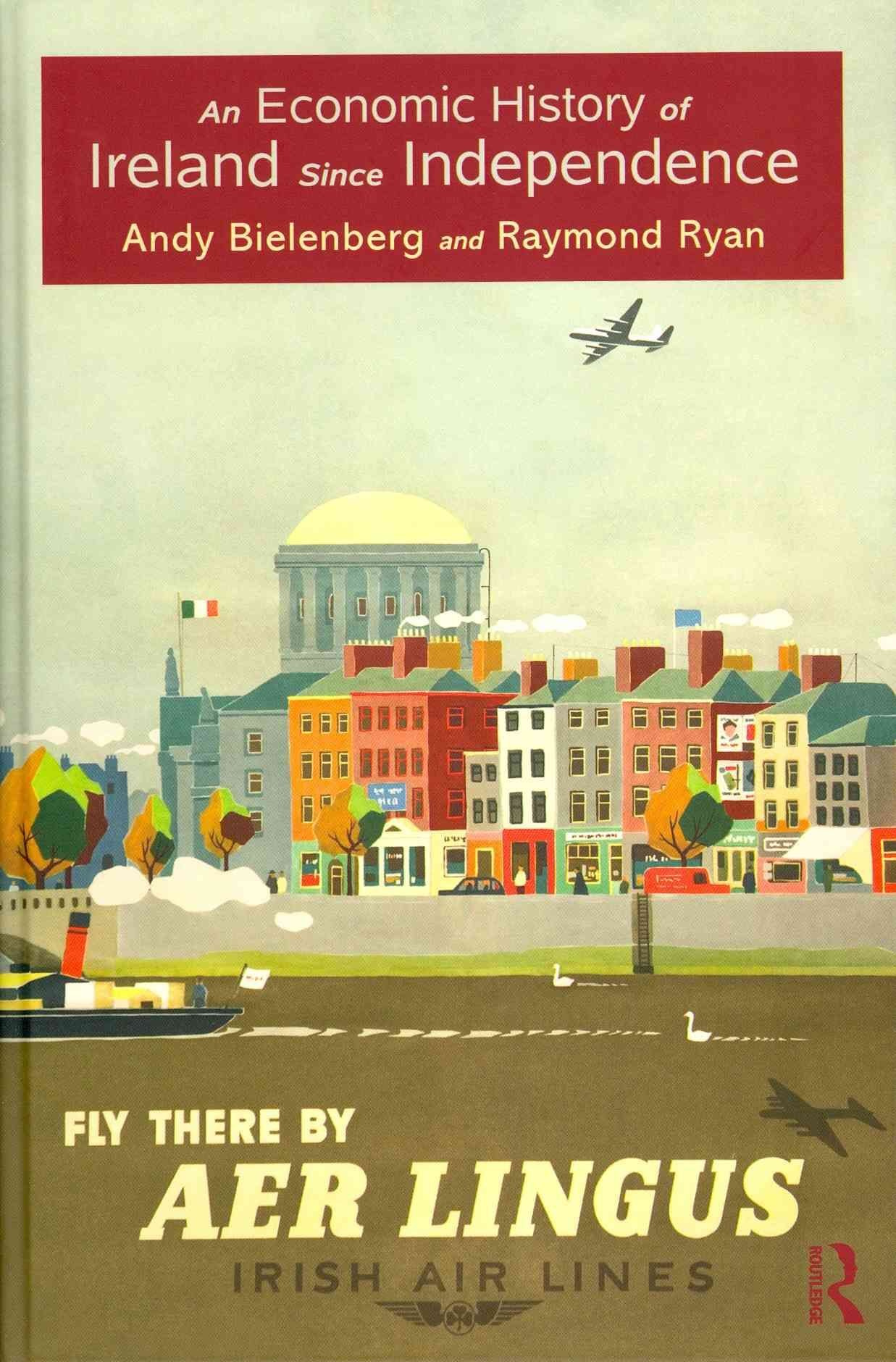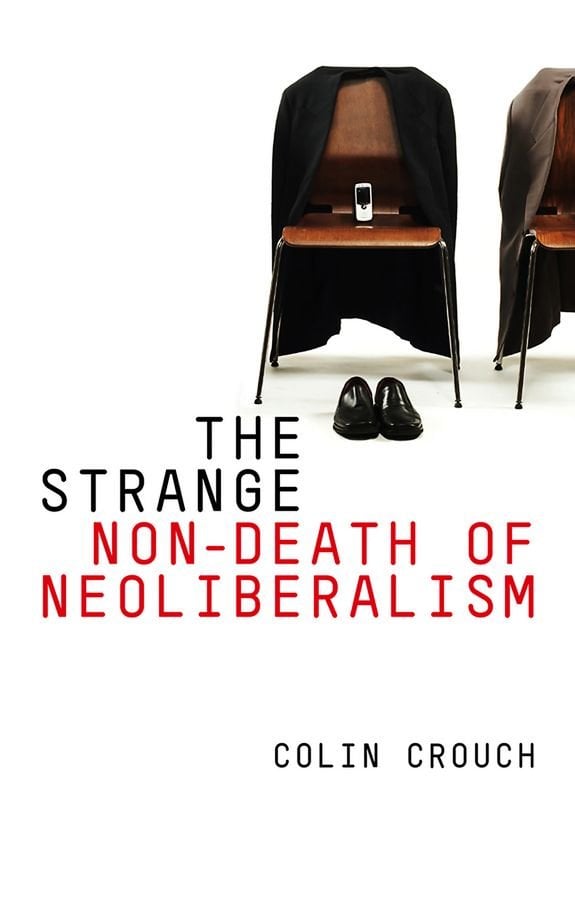One of the most intriguing questions in contemporary American Christianity is whether the recent warming of relations between Catholics and conservative evangelicals promises a thaw in the ice age that has lasted since the sixteenth century.American evangelical Protestants and Roman Catholics have hated and suspected one another since colonial times.In the twentieth century, however, each community has experienced radical change, and this has led to a change in the relationship between the two. In this book William Shea examines the history of this troubled relationship and the signs of potential reconciliation.His springboard is the recent publicity given to the 1993 document Evangelicals and Catholics Together, in which several well-known figures from each camp, acting as individuals, signed a statement affirming much more common theological and social ground than any other American Catholic-evangelical group had ever done.Looking back, Shea surveys the long and very bitter history of published recriminations that have flown back and forth between Catholics and many kinds of Protestants since the 16th century.He makes the case that Catholics and conservative Protestants reacted along parallel lines to western “modernity” - especially naturalistic evolution and higher criticism of the Bible).That deeper history leads him to the more recent history that has partially overcome the severe Catholic-evangelical antagonisms.Here he focuses on the rise of “neo-evangelicals” associated with Billy Graham and the National Association of Evangelicals and on the changes with the Catholic church since Vatican II.He goes on to offer systematic interpretations of recent evangelical literature on Catholics and Catholic literature on evangelicals. The book ends with some historical, but also theological, social and personal conclusions.This accessible, groundbreaking, and timely study will be indispensable reading for all interested in the religious landscape of America today.












